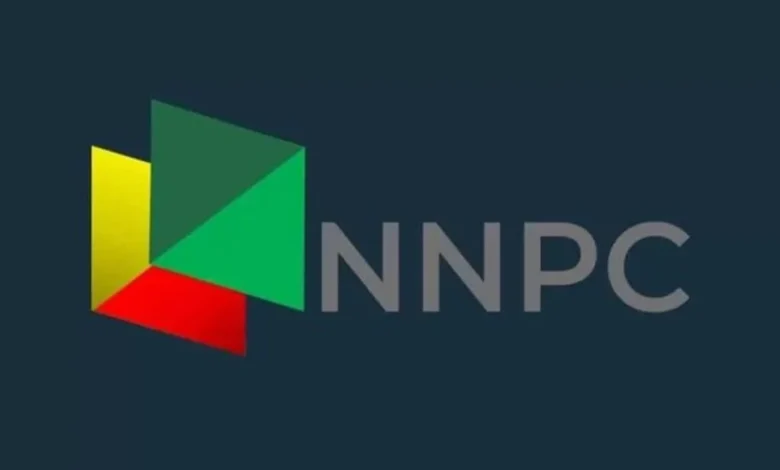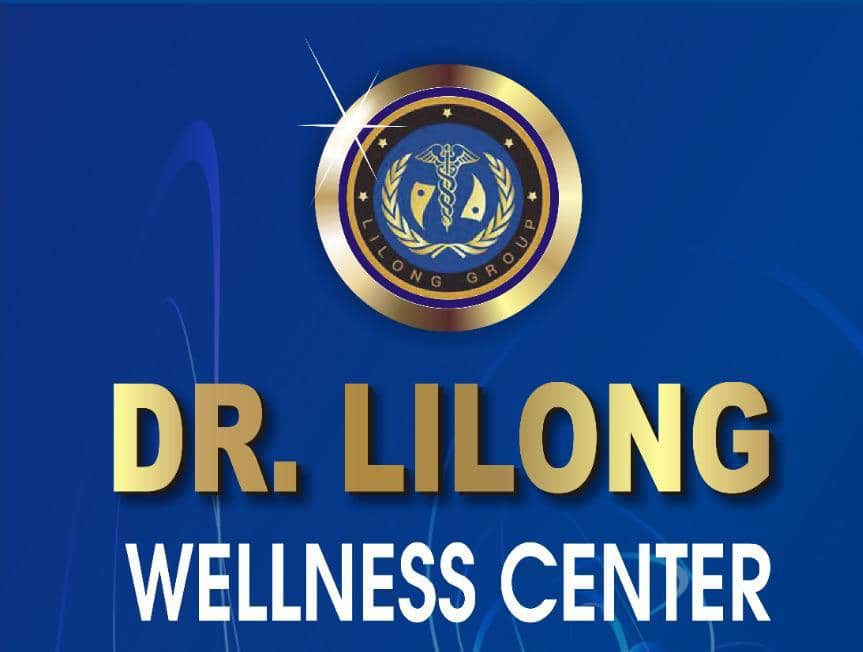By Taiwo Alimi
DEATH AT CHILDBIRTH
Forty-five-year-old accountant, Kehinde Ojo, recalled the date and time vividly. The event is engraved in his heart forever as he recollected the death of his wife after delivery, 15 years ago.
“I was working late on March 8, 2007, when I received a call around 9 pm that my wife had been taken to the General Hospital in Lagos-Nigeria. She had called one of my neighbours when her water broke and she was promptly taken to the hospital where she had been going for maternity. I quickly rushed down and met her in a waiting ward with other heavily pregnant women. The nurse in charge told me they are waiting for the baby’s coming. She told me there was no cause for worry.”
Ojo was apprehensive because it was their first but she saw her wife was upbeat, walking around the room, as she was instructed while waiting final water rupture.
“By 11 PM I was told it was time, but I was only allowed to the door of the delivery room. It was a difficult delivery and for three hours all I was hearing was the instruction for my wife to push. By 2 AM, one of the nurses informed me that my wife couldn’t push again and they were looking at a Caesarean Section option. They said one of their resident surgeons was on his way.
“By the time the surgeon got there, I noticed that my wife could no longer talk and looked drained out. She was about to be wheeled to the theatre when the surgeon sighted the baby’s head slightly visible. He expertly maneuverer the baby out and, in the process, my wife suffered tear leading to bleeding.
“I was told to go to the blood bank, which is some blocks away for blood. I was already petrified. I ran down the staircase and low and behold there was no one there to attend to me. It took me another 20 minutes to find the attendant and rouse him from sleep. I ran with my strength and met the surgeon sewing up my wife in the private part area. Within minutes the two pints were gone and more were ordered for.”
“By the time I got back to the blood bank, I learned I took the last of her blood group. I was referred to a private blood bank across the hospital. This was around 3 AM. With no vehicle to take me there, it took me a while to get there, and purchased three pints of blood.
“Sadly, by the time I got back to the delivery room, my wife was dead and her death registered as one of the many maternal deaths in Nigeria and Africa. Thus, my wife became a number of the statistics,” said Ojo.
According to the 2020 UN global estimates, 303,000 women a year die in childbirth, or as a result of complications arising from pregnancy. This could be a result of Postpartum hemorrhage (also called PPH), which happens when a woman has heavy bleeding after giving birth, like the case of the late Mrs. Ojo.
ENTER LIFEBANK
Enter Lifebank, a service provider of blood to hospitals safely and promptly.
Birthed by a Nigerian woman and entrepreneur, TemieGiwa-Tubosun said she was inspired to start Lifebank by her own child-delivery experience.
The birth of her son motivated her to dedicate her entire professional life to trying to figure out a path to resolve maternal death “once and for all” – and during bed rest, after giving birth she confirmed in research that the leading cause of global maternal mortality is PPH.
“The key is to get the blood to the hospital quickly, and this is where Lifebank steps in to rescue women, children, and everyone that needs our help.
“To get blood to the hospital, the customer journey starts with inventory. Everything starts with inventory. So, from blood to oxygen, anything that we do starts with that inventory. And then the next thing is matching that supply that we’ve got into the demand that hospitals have,” she said.
LIFE EXPERIENCE AND PASSION
Matching this harrowing life experience with her passion for building a better world for women, especially pregnant women, and working with the World Health Organisation (WHO), Giwa-Tubosun, took up the gauntlet in 2016, and today, a boost of life-saving technology-based healthcare and logistics in Nigeria, Kenya, and Ethiopia.
Lifebank employs contemporary technology to keep its products safe and readily available. It makes use of temperature strips, fail-proof blood boxes, and Bluetooth padlocks to ensure the security of its products. Their cold chain system allows us to move blood at a 10°C threshold for up to 36 hours, while oxygen is transported properly in safety-compliant vehicles designed to preserve the oxygen and prevent a fire outbreak.
For hospitals with access to the Internet, products can be ordered online while rural hospitals use the USSD code to place orders, using a simple phone.
Because time is crucial, the company has considered the ever-busy roads, especially in places like Lagos.
“We have put in place logistics like motorbike delivery for instant delivery. We offer 24-hour service for all hospitals in our network, and we can provide access to safe blood in the event of an emergency or the non-availability of a rare blood type.
DRONES FOR DELIVERING
“We recently began using drones to deliver. We think there are some strong use cases for delivering via drones. Those cases are where the patient doesn’t have a lot of time to live. So, you want to use the fastest way and areas that are hard to reach, for example where there’s a giant mountain between the hospital and the supplier or where there is a river or whatever that makes it difficult to reach a particular area,” said Giwa-Tubosun.
Lifebank has tested the concept in Ethiopia, and now they’re building capacity – “hiring pilots, getting drones in between our ports, to reach the last mile,” she said.
“You know, people will tell you that when, when a company like Amazon started, Amazon was able to easily plug into the infrastructure that was created for the US Postal Service, right? So it wasn’t that Amazon had to build a delivery system. They were able to just plug in their technology to an infrastructure that’s already present. But for us on the continent, we have to build our infrastructure, because it doesn’t exist. And that is quite taxing for a young person who’s trying to build a new way of doing business. And it’s quite taxing to your capital as well,”
When the Covid-19 pandemic finally came in late 2019, it was as if Lifebank had expected a pandemic that will lock down the world. Its expertise and efficiency helped many hospitals save many lives in dire need of medical oxygen.

Giwa-Tubosun said of the pandemic time: “Luckily for the world, and us, Lifebank had started the work around medical oxygen a year before Covid-19 started. The inspiration was a doctor who died in one of the last mile states of Nigeria because the hospital where she worked did not have medical oxygen. And I remember being struck by a story.
“We had to build the same supply chain we had built for blood, build it for oxygen as well. So when Covid-19 started, we had already built relationships, it was just a simple matter of scaling it to help our country, and also other countries, to respond to the pandemic.”
EXPANSION
In the area of capital, Lifebank’s dedication to humanity’s service by solving the problem of blood shortage quickly attracted top investors in the continent and outside.
It also attracted top foundations and awards. Lifebank was among the six World Economic Forum Innovators in 2017, won Jack Ma’s Africa Netpreneur Prize in 2019, and the Global Citizen for Business Leader in 2020.

She said: “You know, expansion is quite expensive. Like anyone will tell you and you know, being able to get access to those investments allows us to do that expansion in a way that makes sense. You know, we’ve been able to partner with all different types of institutions for equity, debt capital, grants capital, and non-dilutive capital.
DURABLE MARKET
“The company wants to build a very durable marketplace so that when one looks at Lifebank in the future, you look at a one-stop shop for hospitals to get all the resources they need,” she added.
Lifebank, recently, signed a ground-breaking MoU with the northern state of Nasarawa to digitize oxygen demand and access in the state.
The partnership will see Lifebank collect and analyze data that enables healthcare facilities to predict their oxygen demand based on historical data and recorded patterns, and thereby reducingdeaths.
Lifebank has completed 22,903 trips in Nigeria alone and delivered over 48,000 critical medical supplies resulting in 22,830 mothers, babies, and vulnerable people being kept alive.














